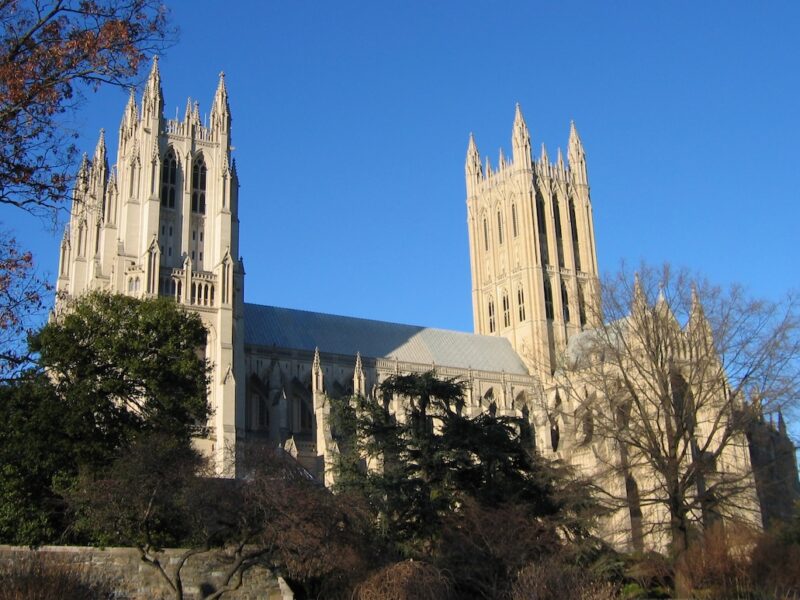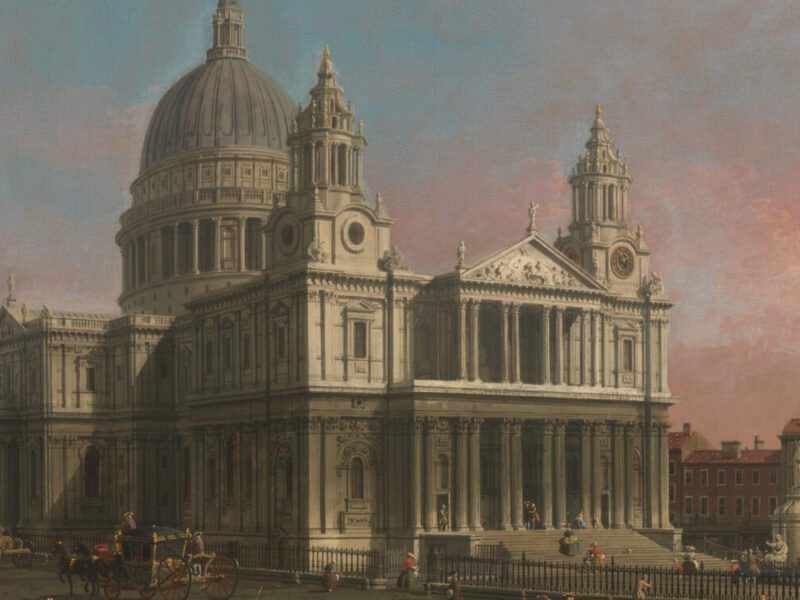Shallow there in the shadows, shaded by the laurels,
as morning comes on clear and cold as old ice puddles,
there where the ragged woodline makes a hedge against the day,
a brim, a bound of darkness at the border of the field,
he sits in fertile stillness. The slats of the old blind
are layered with fallen leaves, lush with hanging myrtles,
and blooming dogwood branches, with blossoms rich and wild
that twist, sprout and turn, twining through the staves.
A warm woven mantle is wound in green around him,
even his face and fingers are flecked with gravid colors:
forest and dusty fern, fawn and moss and cedar,
as if the woods had wrapped him well in rustic clutches.
His rifle is right beside him, at rest in the web-dark corner,
its stock of walnut warm, worn lustrous by the years,
and a pea-green pack with supplies for the measured hours:
a canteen, extra rounds, and a clot of loose-leaf chew.
He whistles a fiddle tune then settles into silence
as the fading stars of fall forsake the field to daylight
and morning’s mounting victory. Of movement there is nothing
except his stern and sparkling staring hazel eyes
that flicker across the furrows from his fecund hideaway,
and lips that upwards lift a lowly frost-borne prayer
that the Lord of field and forest, of fen, glen and meadow,
might send some special blessing into the splendid field of day,
some strong stately thing that bears the sunlight on its horns.





'The Green Man' has 1 comment
October 25, 2022 @ 7:18 pm Bryce Lowe
In my home of Western Pennsylvania there is some guy who goes around carving the Green Man into trees. I love this poem’s connection between the Woodland Wight and a hunter (both being so prevalent in my neck of the woods). Well done, sir. Reminds me of Yeats and Heaney.